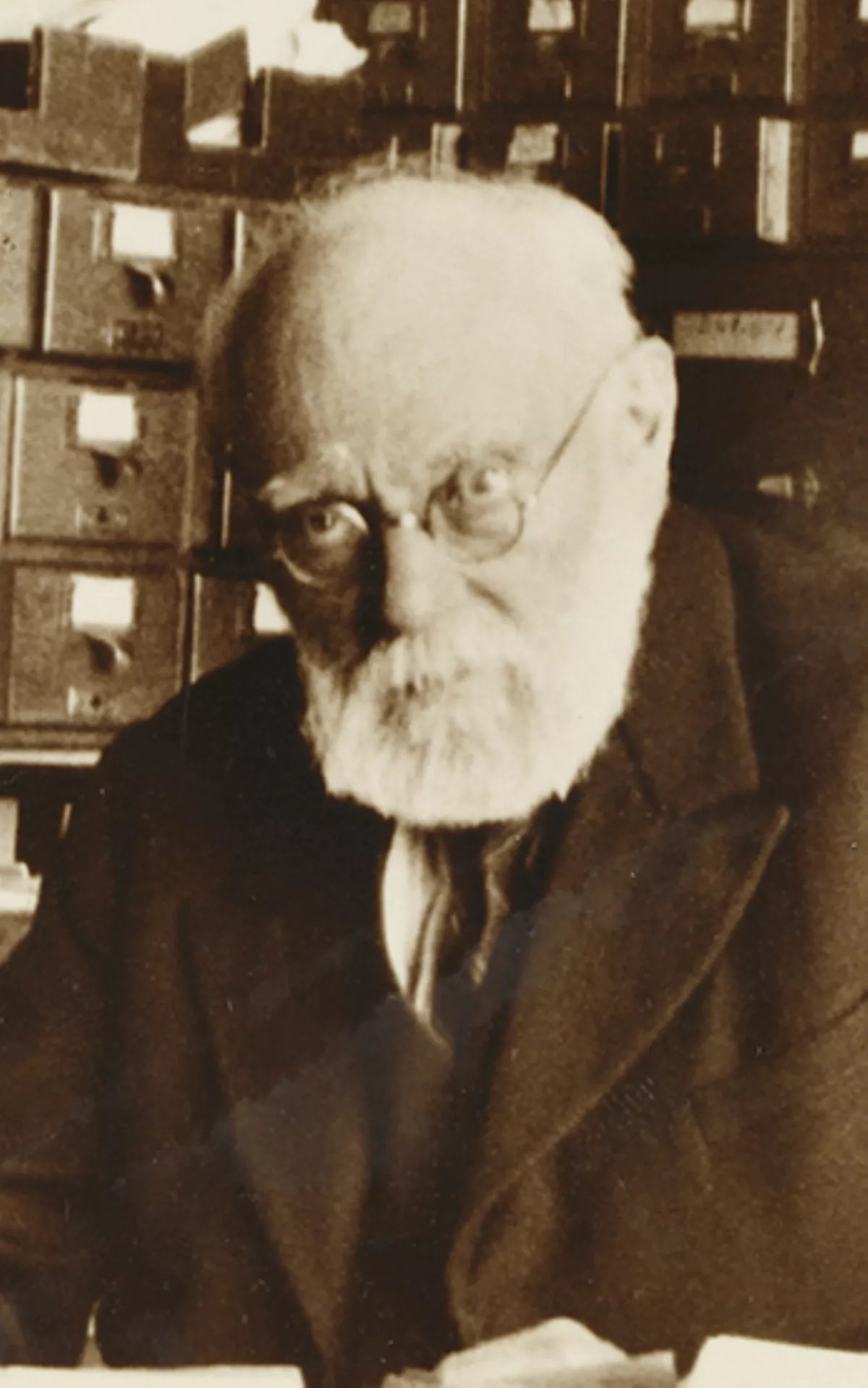 1.
1. Paul Otlet was responsible for the development of an early information retrieval tool, the "".

 1.
1. Paul Otlet was responsible for the development of an early information retrieval tool, the "".
Paul Otlet wrote numerous essays on how to collect and organize and connect knowledge, culminating in two books, the and.
Paul Otlet witnessed an unprecedented proliferation of information, resulting in the creation of new kinds of international organization.
Paul Otlet endorsed the internationalist politics of the League of Nations and its International Institute of Intellectual Cooperation along with fellow Mundaneum founder La Fontaine.
Paul Otlet was born in Brussels, Belgium on 23 August 1868, the oldest child of Edouard Paul Otlet and Maria.
Paul Otlet's father, Edouard, was a wealthy businessman, selling and operating trams in the North of France.
Paul Otlet's mother died in 1871 at the age of 24, when Otlet was three.
Paul Otlet soon developed a love of reading and books.
Paul Otlet's father kept him out of school, believing classrooms were a stifling environment.
Paul Otlet started his formal schooling at a Jesuit school in Paris, where he stayed for the next three years.
The family then returned to Brussels when Paul Otlet was 14, and began to study at the prestigious College Saint-Michel in Brussels.
Paul Otlet's father remarried to Valerie Linden, daughter of famed botanist Jean Jules Linden; the two eventually had five additional children.
Paul Otlet was educated at the Catholic University of Leuven and at the Free University of Brussels.
Paul Otlet married his step-cousin, Fernande Gloner, soon afterward, on 9 December 1890.
Paul Otlet then clerked with famed lawyer Edmond Picard, a friend of his father's.
Paul Otlet soon became dissatisfied with his legal career, and began to take an interest in bibliography.
Paul Otlet's first published work on the subject was the essay "Something about bibliography", written in 1892.
In 1891, Paul Otlet met Henri La Fontaine, a fellow lawyer with shared interests in bibliography and international relations, and the two became good friends.
Paul Otlet founded the in 1895 with La Fontaine after organizing the First International Conference on Bibliography together.
In 1896, Paul Otlet set up a fee-based service to answer questions by mail, by sending the requesters copies of the relevant index cards for each query; scholar Charles van den Heuvel has referred to the service as an "analog search engine".
Paul Otlet envisioned a copy of the RBU in each major city around the world, with Brussels holding the master copy.
Otlet journeyed to the United States in early 1914 to try to get additional funding from the US Government, but his efforts soon came to a halt due to the outbreak of World War I Otlet returned to Belgium, but quickly fled after it became occupied by the Germans; he spent the majority of the war in Paris and various cities in Switzerland.
Paul Otlet spent much of the war trying to bring about peace, and the creation of multinational institutions that he felt could avert future wars.
In 1921 Otlet wrote to W E B Du Bois offering the use of the Palais Mondial for the 2nd Pan-African Congress.
Paul Otlet renamed the Palais Mondial to the Mundaneum in 1924.
Paul Otlet integrated new media, as they were invented, into his vision of the networked knowledge-base of the future.
Paul Otlet spent much of his life advocating for international cooperation and peace.
Paul Otlet's organization provided support to the 1921 Pan-African Congress at the Palais Mondial.
Similarly, in Monde, near the end of his life, Paul Otlet claimed the biological superiority of White people.
Paul Otlet's reasoning related to historic concepts of intellectual Enlightenment through Eugenics and the White Man's Burden.
In 1933, Paul Otlet proposed building in Belgium near Antwerp a "gigantic neutral World City" to employ a massive number of workers, in order to alleviate the unemployment generated by the Great Depression.
Paul Otlet died in 1944, not long before the end of World War II, having seen his major project, the Mundaneum, shuttered, and having lost all his funding sources.
Paul Otlet published a biography of Otlet that was translated into Russian and Spanish.
Paul Otlet's writings have sometimes been called prescient of the current World Wide Web.
In 1934, Paul Otlet laid out this vision of the computer and internet in what he called "Radiated Library" vision.
Paul Otlet's grave is located in the Etterbeek Cemetery, in Wezembeek-Oppem, Flemish Brabant, Belgium.